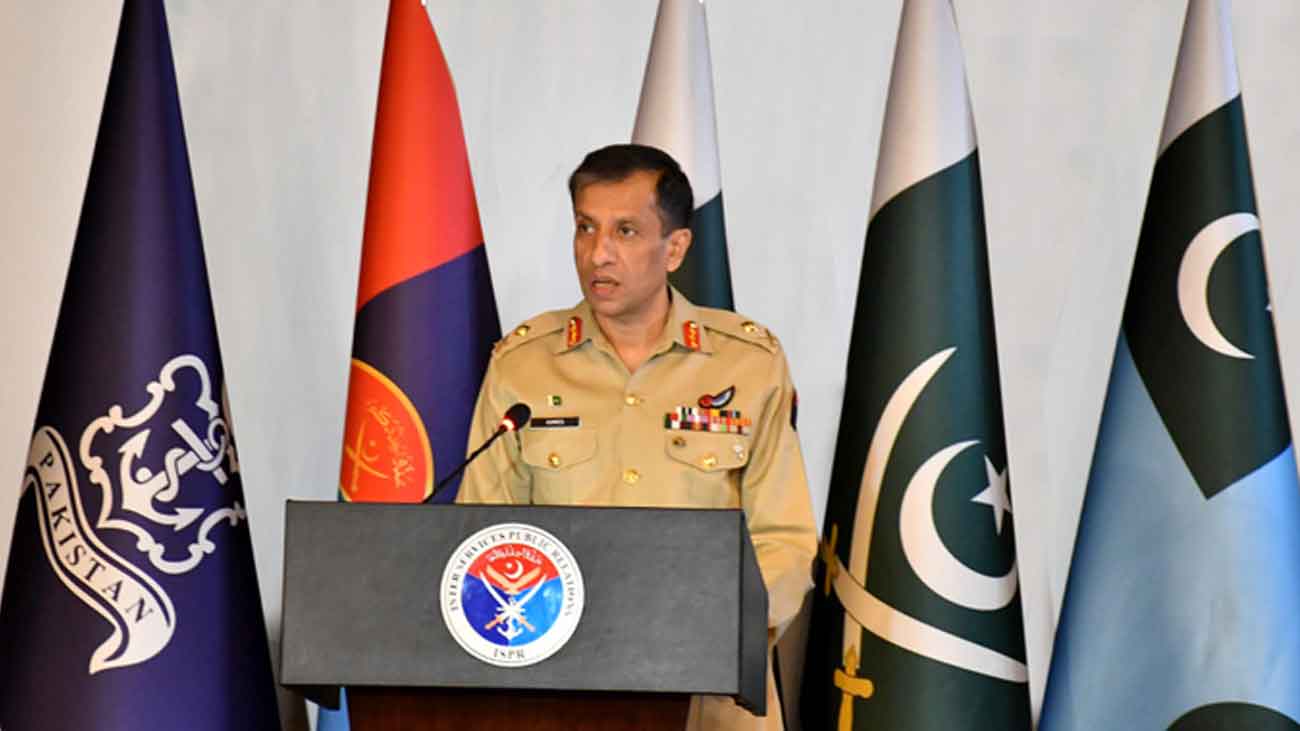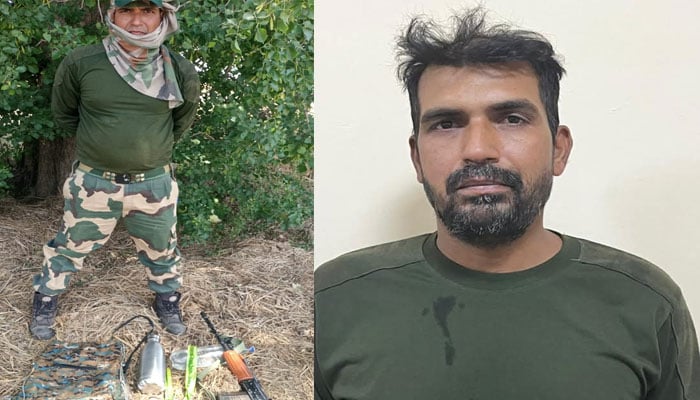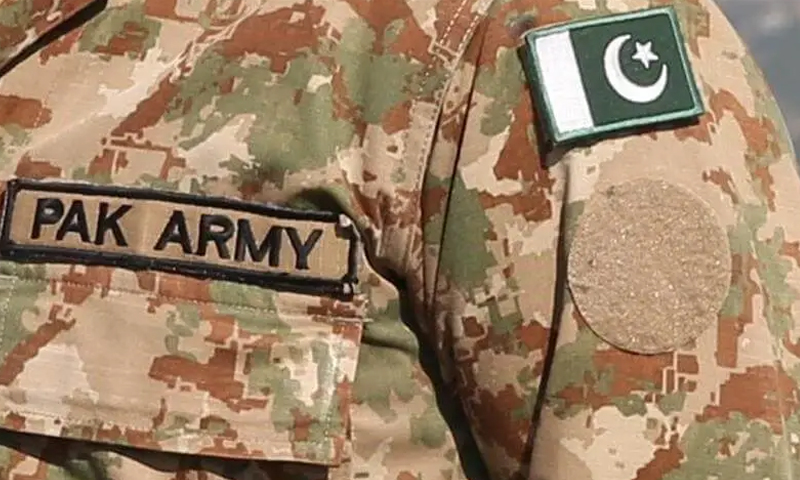MILITARY

In a week marked by high tension and cross-border military escalation, India and Pakistan narrowly avoided full-scale war after U.S. intervention led to a ceasefire on May 10. The confrontation began after New Delhi accused Islamabad of orchestrating the Pahalgam attack, prompting Indian air strikes on Pakistani territory during the night of May 6-7.
These strikes, according to the Pakistani government, caused the deaths of 40 civilians — including seven women and 15 children — and left 121 others injured. In the days that followed, both nations engaged in missile exchanges, heightening fears of a nuclear standoff.
Speaking to Sky News, Director General Inter-Services Public Relations (DG ISPR), Lt Gen Chaudhry, strongly criticized India’s aggressive posture. “India is carving out a recipe for mutual destruction,” he warned, referring to the nuclear threat posed by escalating conflict.
Highlighting India’s actions in Kashmir, Lt Gen Chaudhry accused New Delhi of trying to internalize the Kashmir issue while deploying excessive troops and harassing the local population. “It is a problem that has to be resolved by the people of Kashmir as per the United Nations Security Council resolution,” he stated.
In a post-ceasefire press conference, DG ISPR emphasized the grave danger such a conflict poses. “A serious escalation between India and Pakistan would destroy both sides,” he said, invoking the principle of mutually assured destruction — the doctrine that full-scale nuclear conflict would be fatal for both the attacker and defender.
He concluded with a stark warning: “Anyone who tries to violate our territory and integrity and sovereignty — our response will be brutal.”
The standoff drew global attention and concern, with U.S. President Donald Trump confirming the ceasefire on May 10, acknowledging the risk posed to more than 1.6 billion people in the region.
As both sides momentarily lower their weapons, the call for diplomatic solutions and international mediation to prevent future escalations grows louder.




